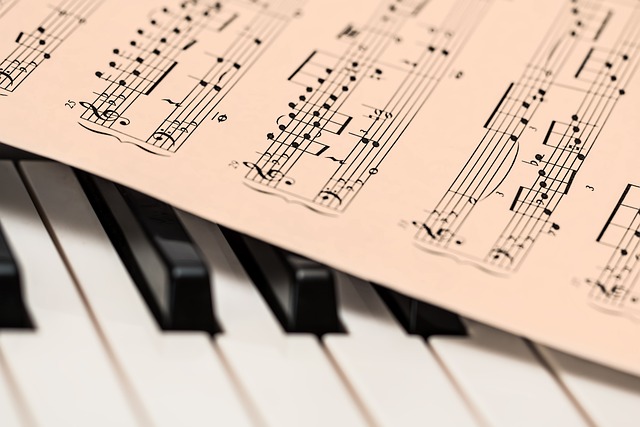What are Copyrights in Music?
Music moves the world, helps us in our low moments, and also lights up the party when we are celebrating. It is part of our culture, and we cannot imagine our lives without it. But what happens when a song is produced? Are the artists or composers who made this work of art protected? Is their creation protected? This is where the word “copyright” is relevant.
So, What is Copyright?
Copyright is a legal framework to protect the intellectual property of creators, giving them exclusive rights to control the use of their work. In music, these rights cover a spectrum of elements, including melody, lyrics, arrangement, and recording.
The moment a musical work is created and fixed in a tangible form, such as sheet music or recording, it is automatically granted copyright protection.
Types of Music Copyright
Composition copyright: protects the composition itself (melody, harmony, and lyrics). It is awarded to composers and lyricists.
Sound recording copyright: protects the recording of a musical work. It usually corresponds to the record label or recording artist.
Performance rights: musicians and songwriters have the right to control public performances of their music (including live performances, broadcasts, and digital streaming).
Mechanical rights: refer to the reproduction of a musical work in physical or digital form, such as CDs, vinyl records, or digital downloads.
What Are the Current Challenges
The digital age has brought opportunities and challenges for musicians and the music industry.
On the one hand, the Internet has made music more accessible to people, helping bands to become known on a larger scale. But it has also raised some problems such as piracy, and other issues where the line is not clear-cut, such as fair use.
Fair Use. This is an exception to copyright protection, that permits limited use of copyrighted material without permission for purposes such as comment, criticism, news reporting, teaching, scholarship, and research. However, in the name of fair use, people can sometimes violate copyright laws, it’s a delicate line.
Non-uniformity. The copyright laws are different in each country. They tend to be similar, but each legal system may have other approaches, which makes it difficult to protect these creative rights. There are also some international treaties, but it is not enough.
In a constantly changing world, especially when it comes to the Internet and digital platforms, it is necessary to continue updating these treaties and internal laws by the current times. However, if other more pressing issues are left behind and changes take forever to produce, the intellectual property will have to wait its turn, and I don’t think it will be soon.
These and other infringements affect the livelihoods of musicians and creators, in addition to the decrease in album sales. Bands have to rely on the sale of merchandise and live shows and tours to make a profit, so they can make a living from their creations and continue making more music.

Leave a Reply